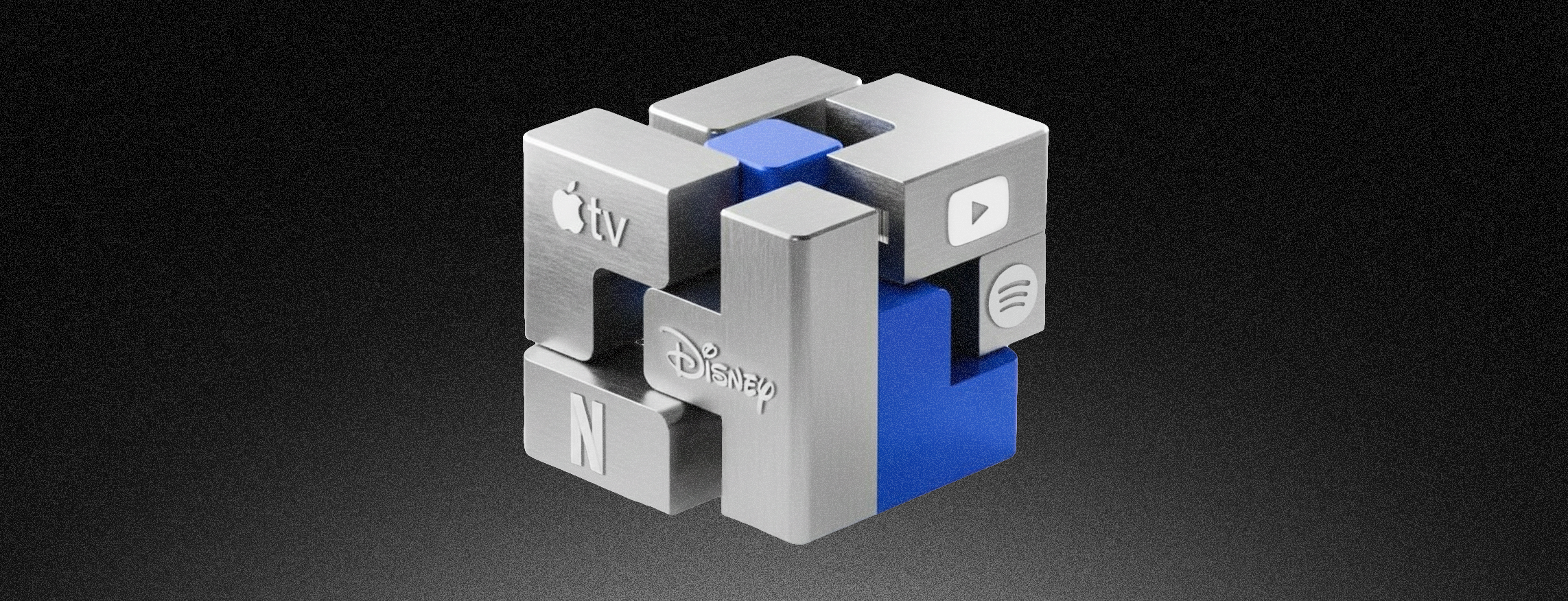
.svg)


Many people live in the UK but still have financial responsibilities in Nigeria. The challenge is: How do you send money back home affordably, quickly, and securely? There are hundreds of platforms advertised daily, and it can be overwhelming not knowing which one to choose from.
In this guide, we’ll walk through the main money transfer options available to Nigerians in the UK, compare their pros and cons, and show why Pesa might often be your best bet.
Why choosing the right remittance method matters
Subtle differences in transfer speed, fees, exchange rate margins, and reliability can mean you pay significantly more (or deliver considerably less) than necessary. What your recipient receives after all charges have been applied truly counts.
Here are some of important factors to take note of:
- Exchange rate margin: Even if a service advertises “low fees,” it might apply a wide spread between its buy and sell rates.
- Transaction fees: Flat, percentage-based, or “hidden” fees can eat into your funds.
- Transfer speed: Some services offer instant or same-day delivery; others take days.
- Sending / funding options: Bank wires, debit cards, mobile wallet top-ups, and local bank transfers - all affect convenience.
- Coverage and payout method: Can your recipient receive funds in their bank account, mobile wallet, or cash pickup?
- Security and reliability: Remittances must be safe, regulated, and trackable.
With that in mind, let’s review the main transfer channels for Nigerians in the UK.
Traditional bank/correspondent transfers
One of the first choices many consider is sending via a UK bank’s international wire (SWIFT). This is often straightforward: you (the sender) visit your UK bank (or use its online banking) and instruct a wire transfer to a Nigerian bank.
Pros:
- Familiar process, most users are already comfortable with their UK bank.
- Regulated and traceable via SWIFT.
- Good for larger sums in some cases (especially through the bank’s forex desks).
Cons:
- High fees: UK and intermediary correspondent banks typically levy substantial fees (fixed and percentage-based).
- Poor exchange rates: Banks often use less favorable rates (large spreads).
- Slower: The funds may take 1–5 business days to land.
- Intermediary costs: The transfer may pass through several banks, each taking a cut.
Because of these disadvantages, traditional bank wires usually make sense only if the fintech platforms cannot yet enable transfers between the UK and Nigeria. So if that corridor, for example, (UK to Nigeria) isn’t available, you’d have to fall back on other options like a traditional bank. But for routine or smaller transfers, fintech-based remittance platforms are more economical.
Specialist remittance/money transfer services
These are fintech or money transfer operators whose business is built around cross-border payments. They generally offer better rates, lower fees, and more convenient user flows than banks. Below are several that either currently support (or aim to support) Nigeria–UK transfers.
Wise
Wise is known for transparency and relatively low margins. You fund the transfer via a bank transfer, debit card, or sometimes other options; Wise then converts at the mid-market rate and a small fee.
Pros:
- Transparent fee structure.
- Good reputation globally.
- Fast and reliable in many corridors.
Cons:
- Some users have reported that Wise occasionally cancels transfers or deactivates accounts without much warning. While these actions are usually related to the company’s strict compliance and anti-fraud policies, they can still be inconvenient, especially if you rely on Wise for regular international payments.
- Local funding in Nigeria (e.g., Naira deposit) may be constrained or require partner banking support.
You should check whether your specific corridor (UK to Nigeria or Nigeria to UK) is enabled in the app.
WorldRemit / Remitly / similar apps
WorldRemit is a global remittance platform that allows money to be sent to many countries. Remitly is better known for flows from developed countries into developing ones (e.g., sending from the UK to Nigeria), but support for the reverse (Nigeria to the UK) is more limited.
These platforms typically allow:
- Bank deposit
- Mobile wallet payout (if supported)
- Sometimes, cash pickup (though for Nigeria to the UK, this may be less common)
Pros:
- User-friendly mobile apps and good UX.
- Real-time or near–real-time tracking and notifications.
- Often, rates are better than banks for many corridors.
Cons:
- Some corridors may not be supported both ways.
- Transfer times or payout methods may be limited for the UK to Nigeria transactions.
- Fees and exchange margin can still add up.
Flutterwave / Send by Flutterwave
Flutterwave’s Send service enables transfers to UK bank accounts. The advantage is a deep fintech infrastructure that integrates local and international rails.
Pros:
- Direct bank transfers.
- Reasonable speed (often within 24 hours).
- Suits those already in the Flutterwave ecosystem.
Cons:
- Availability and restrictions may apply depending on your Nigerian and UK recipient banks.
- Hidden exchange rate margins are still possible.
Tranzfar
Tranzfar is another money transfer platform offering transfers from Nigeria to the UK.
Pros:
- Targeted for UK to Nigeria transfers.
- Mobile app convenience.
Cons:
- A lesser-known brand (so you should test with small amounts first).
- Rate/fee transparency must be assessed carefully.
Afriex
Afriex recently announced support for zero-fee, instant bank transfers from Nigeria to the UK and Europe. That’s a strong proposition if it works reliably in your corridor.
Pros:
- Zero transaction fees (in their marketing).
- Instant or near-instant payout.
- Transparent rates.
Cons:
- Implementation and regulatory constraints can delay rollout for some users.
- Because it’s relatively new, coverage and stability should be validated with small test transfers first.
Kyshi
Kyshi allows users to send money from Nigeria to the UK and claims a 1% fee model. It uses a marketplace model, where users can set or accept offers. It’s more peer-to-peer in nature.
Pros:
- Lower cost if you find favorable offers.
- Some flexibility in exchange rate negotiation within the platform.
Cons:
- You may have to wait for matching offers.
- Market liquidity might limit how much you can send easily.
- Peer-to-peer models carry more waiting time risk.
Pesa
Without necessarily claiming it’s the perfect solution for everyone, many of its features strongly position it as a top pick for Nigerians in the UK sending money home.
Key features of Pesa
- Zero transaction fees: Pesa boasts “zero fees” for international transfers.
- Fast / same-day or instant delivery: In many corridors, funds arrive in minutes or within the same day.
- Competitive exchange rates: Pesa offers rates that maximize the amount you're getting.
- Wide coverage: Pesa allows sending and receiving in “over 30 currencies” across many countries including UK to Nigeria.
- Ease of use: Mobile wallet management, simple beneficiary setup, and friendly UX.
Because of this combination of features, Pesa is well-suited to diaspora remitters, freelancers, international students, and travelers who want a reliable, low-cost, frictionless tool to support family or manage finances across borders.
Final thoughts
For Nigerians in the UK, there is no one-size-fits-all solution, but rather a lot of viable options. Traditional bank wires still work, especially for large sums or where remittance corridors are not otherwise supported. Fintech remittance services and multi-currency platforms give better flexibility, lower costs, and improved user experience overall.
Related articles
See all









.png)




